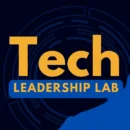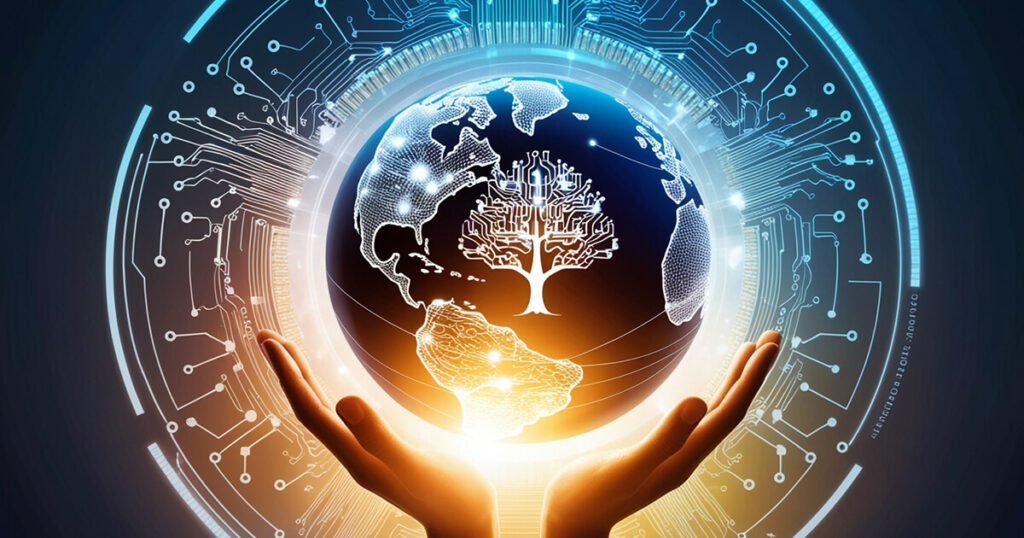How Do We Define Evolution in a Time of Unprecedented Change?
In an age marked by rapid advancements and complex challenges, defining evolution requires more than a single perspective. It calls for a holistic understanding of the forces shaping our world.
What Does Defining Evolution Mean Today?
What would be the best way to describe evolution in today’s age? Is it technology and its incredible advancements? Is it AI, which is transforming industries and challenging the boundaries of human intellect? Could it be human wisdom, finally catching up with the tools we’ve created? Or perhaps it’s unity and awareness—a deeper understanding that we are interconnected, not just with each other but with the natural world and the systems that sustain us?
Defining evolution today feels multidimensional. It’s not just about survival or adaptation—it’s about the choices we make as individuals and as a species to shape a future we want to live in. Let’s explore the forces driving this evolution and how we can balance them to ensure progress with purpose.
Technology: The Catalyst for Defining Evolution
Technological innovation has been a cornerstone of human evolution, but the pace of advancement today is staggering. From breakthroughs in biotechnology to the rise of quantum computing, technology is solving problems once thought insurmountable.
However, technology on its own is a double-edged sword. While it enables solutions to challenges like climate change and disease, it also brings about new ethical dilemmas—surveillance, inequality in access, and environmental degradation.
In the context of defining evolution, technology represents the tools we’ve built to shape our future. The question is not whether technology will drive evolution, but whether we can direct its power responsibly.
AI: The Defining Game-Changer of Our Century
Artificial intelligence (AI) is arguably the most transformative force of our time. It’s no longer confined to niche applications; AI is redefining healthcare, education, transportation, and communication.
But as we stand at the brink of an AI-powered future, we face critical questions: Who controls these systems? How do we ensure that AI enhances humanity rather than replacing it? Without human wisdom to guide AI development, we risk building systems that prioritize efficiency over empathy.
In defining evolution, AI is a double-edged tool. Its power lies in its ability to amplify human capability—but only if we use it wisely.
Human Wisdom: The Compass for Defining Evolution
While technology and AI dominate headlines, human wisdom remains the compass steering us forward. Wisdom transcends knowledge—it’s about understanding the consequences of our actions and choosing paths that benefit the greater good.
In today’s era of rapid change, wisdom is more important than ever. It ensures that our tools and innovations serve humanity rather than undermine it. Wisdom fosters empathy, ethical leadership, and long-term thinking—qualities essential for solving existential challenges like climate change, inequality, and global health crises.
Defining evolution means embracing wisdom as the anchor for progress. Without it, even the most remarkable advancements risk veering off course.
Unity and Awareness: A Collective Awakening
At the heart of defining evolution lies the awareness that we are all interconnected. No technology or AI can replace the power of human connection and collective effort.
Unity is not just a nice-to-have—it’s a necessity. The challenges we face, from climate change to resource depletion, are global in scale. Solving them requires collaboration across borders, industries, and cultures.
In our pursuit to evolve, we must also confront the systems and limitations we’ve surrendered to—false beliefs, manipulation, and the divisiveness that prevents progress. True evolution is about breaking free from these constraints and fostering a sense of belonging, care, and collective purpose.
Defining Evolution: Balancing the Forces of Progress
So, what truly defines evolution in today’s age? The truth is, it’s not one force but the balance of all these elements:
- Technology as a catalyst for innovation.
- AI as a transformative tool.
- Human wisdom as a guide for ethical progress.
- Unity and awareness as the foundation for collective action.
Defining evolution means recognizing that it’s not just about adaptation but intentional progress. It’s about harmonizing innovation with empathy and aligning advancement with purpose.
A Call to Action: Defining Evolution Together
The future depends on the choices we make today. Can we evolve not just as individuals, but as a species aligned in vision and purpose? Can we rise above divisions to focus on what unites us—a shared planet, a common humanity, and the desire to thrive together?
Defining evolution is not a passive act. It’s an active choice to build a future that reflects our highest potential.
What will your contribution be?
At Tech Leadership Lab we are thriving on doing whatever we can to focus on solving the SDGs. Now, we want to add that this is a framework for saying “solving the current existential threats we as humanity are facing.” The SDGs are known so it helps spread the meaning a bit easier. As a global ecosystem where we are focused on being good ancestors human wisdom and technological advancement are crucial to becoming a level-one civilization according to the Kardashev’s scale. There is no friction or division but one species.
Subscribe to our newsletter here >>
Join us on LinkedIn too and let’s spread our voices.

